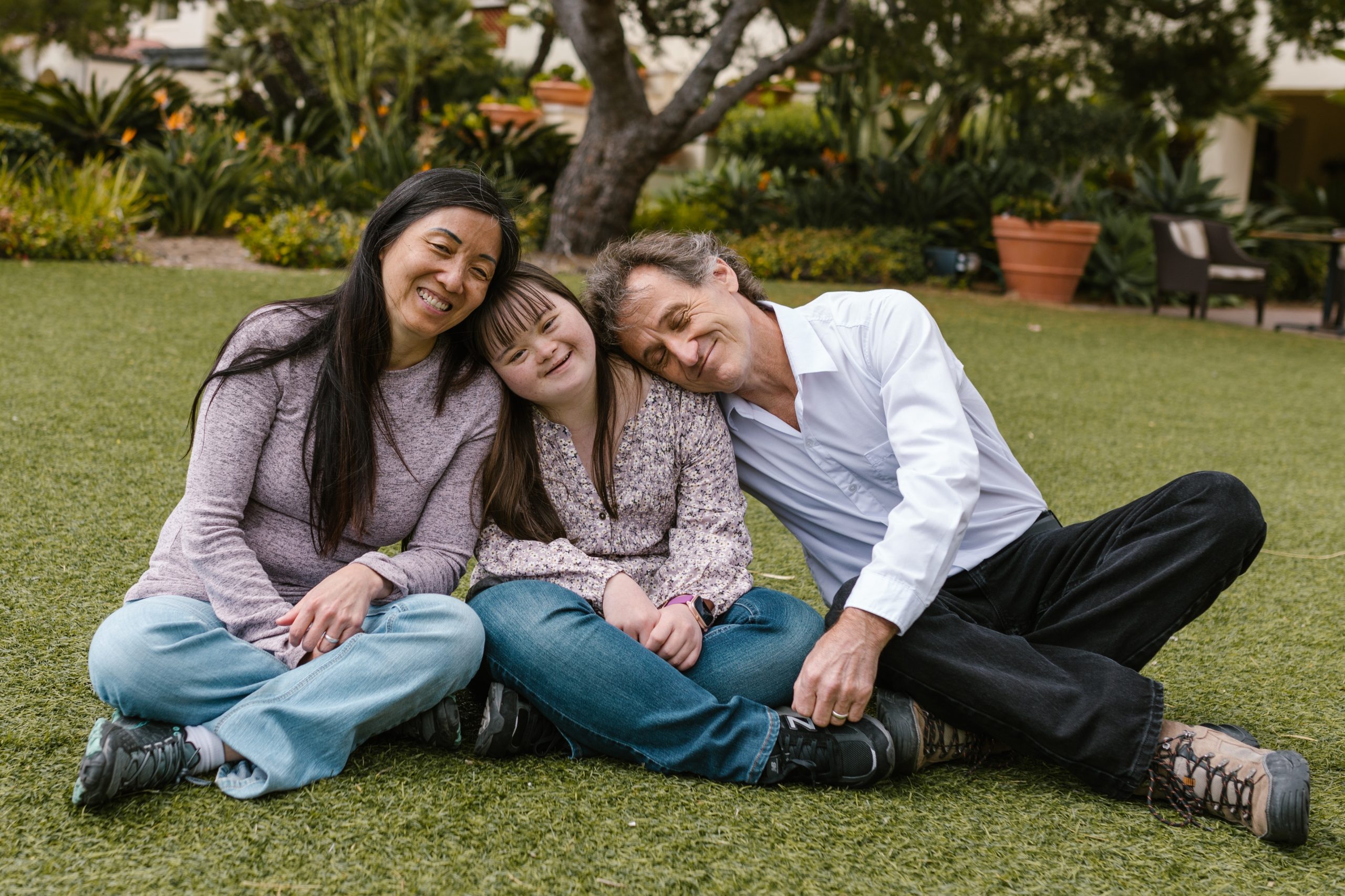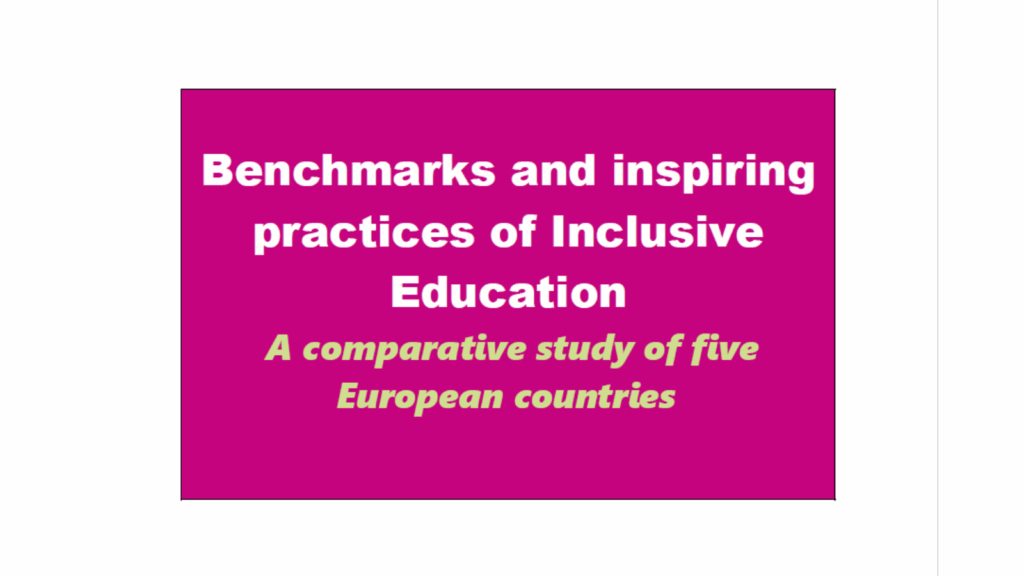Media release
Brussels, 2nd December 2022
International Day of Persons with Disabilities 2022
In the run-up to the 2022 International Day of Persons with Disabilities, the COFACE Disability Platform for the rights of persons with disabilities and their families is launching a policy brief looking at how children with disabilities are represented in recent EU Social Policy Frameworks. With this brief COFACE Disability wants to launch a reflection on the intersection between disability and age and how to integrate it into policies and programmes. For this EU Year of Youth COFACE Disability has focused this brief on Children with Disabilities and their families.
Children with disabilities are at the intersection of various policy fields. As persons with disabilities, they are supposedly covered by disability-specific policies and as children, their rights are protected by child-focused policies, given that they are disability-inclusive. While there should be an increased opportunity to advance the rights of children with disabilities and there are noticeable efforts to address intersecting vulnerabilities in EU social policies, much still needs to be done as children with disabilities fall through the cracks of “siloed” policy-making.
With this brief, the COFACE Disability Platform wants to launch a reflection on how to design better policy responses for children with disabilities and their families. The interrelated well-being of children and their families is now an acknowledged trait in recent EU policies and this whole-family approach is even more crucial for children with disabilities whose families need to be supported in order to create a safe a nurturing environment where children can grow up and develop according to their needs and wishes. This brief intends to extend the reflection to these families and how the focus on the intersection of disabilities and age (and more) can lead to better outcomes for children with disabilities and their families.
Chantal Bruno, COFACE Disability co-chair said: “COFACE wants to trigger a S.H.I.F.T. from children with special needs to children who require special responses and support. All children, all individuals have special needs as we are all unique, and the same goes for children with disabilities. By focusing on special responses, we can break the silo thinking in policy making and develop more intersectional and person-centered policies and programmes.”
By looking at recently adopted frameworks under the European Pillar of Social Rights Actions Plan, the COFACE Disability Platform intends to map and reflect on the state of play of the inclusion of the rights of children with disabilities in EU policies. Building on the expertise of COFACE Disability Platform members, this brief intends to explore the dynamics in EU Social either through the development of strong disability-focused policy or by integration of disability-inclusive measures across the social policy board.
Read the full policy brief here.
//ENDS
Notes to editor:
–EU Work-life Balance Directive transposition in action: A mixed picture (COFACE, 2022)
For more information, please Bettina Guigui, Senior Communication Officer : bguigui@coface-eu.org.





